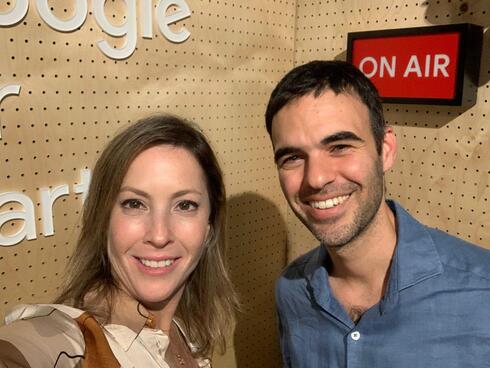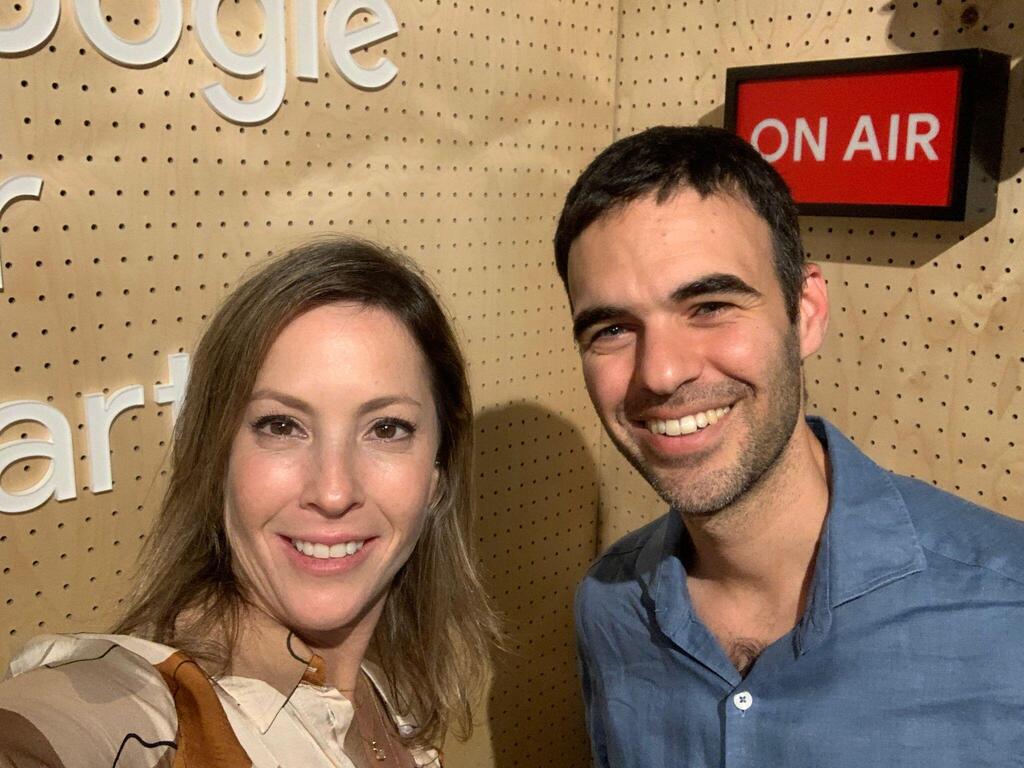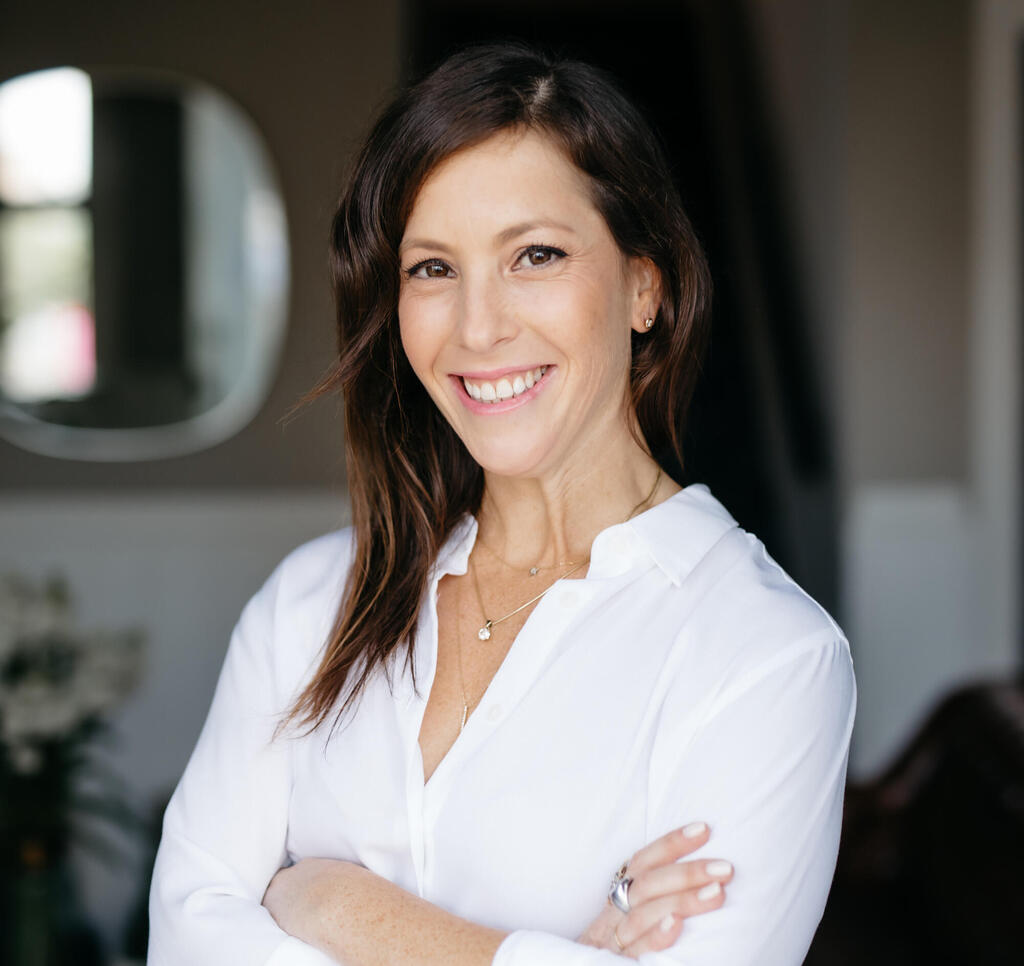
The Human Founder
How to balance internal & external conflicts in the entrepreneurial journey?
As part of her day job, Executive Coach Gali Bloch Liran helps founders, CEOs, and investors develop the right skills and mentality. Her podcast takes us through the roller coaster of vulnerability, humanity, and the personalities of these "top dogs" of business and tech
Being a founder, not to mention a CEO, can be a very lonely place, carrying loads of stress and requiring constant peak performance. This often makes it hard to find a balance between one's professional and personal life. Maintaining strong relationships with the co-founders and investors is also not an easy task, where clarity and empathy are not always present. As one of my entrepreneurs says: “It’s not the technological challenge we deal with, it’s the mental one.”
“Throughout my +15 years as a professional, I've always been attracted to the intersection of business and psychology through entrepreneurship - What makes people tick? How do people think and act? And what motivates people in business? What drives me is being there for the amazing entrepreneurs, who are under constant pressure, so that they can make our world a better place. That’s what I’m here for, and this is my podcast – The Human Founder.”
Ep. 103 - With Alon Arvatz, CEO & Co-Founder of PointFive & Serial Entrepreneur
When Alon’s co-founder, Guy, came to him with an idea for a startup to predict Cyber attacks, Alon had no idea about Hi-Tech - “I haven’t even been an employee in any company, not to mention Hi-Tech, but it was an opportunity of once in a lifetime, so I immediately said yes.”
Growing up in a religious environment
Alon attributes his choice to become an entrepreneur to his childhood. At the age of 7, his dad worked in a Hi-Tech company, and he used to join him in his office, looking and getting excited to be there and explore.
As a religious family, the part between faith and tech never conflicted for them, and as parents Alon shared they always encouraged him to go after tech opportunities in the IDF and afterwards.
But still, as they were a part of a community, it was a factor - “Growing up in a religious environment, you’re less exposed to tech opportunities. For example, when you go to the military service, you’re encouraged to be a warrior (which is what he did) and not go for positions in the intelligence corps, and in Israel it’s critical whether or not you went to 8200 or a tech unit that puts you on the path for a career in tech.”
Another thing about growing up in a religious environment is the low priority they attribute to money. Of course, Alon says, money doesn’t need to be in the center of our lives, but it’s important to have a positive look on it, and not reject or fear it -
It’s a way to do great things in your life and in the world.”
After a hearing injury, Alon got the news that he couldn’t continue his training in the Egoz unit, which was devastating to him at the time.
They decided to transfer him into Egoz’s HR, but Alon had another idea in mind: “I always had a growth mindset, thinking how can I turn bad things that happened to me into good opportunities.”
He decided he wanted to go back to the Intelligence Corps that he gave up on, with the belief that there he can contribute the most with his skills and talents. And so, he started his own campaign, talking to anyone he could, explaining his situation and his wish to be where he can contribute the most, and 3 months later, his campaign succeeded and he was transferred to the Intelligence Corps - “Self efficacy is the only trait you have to possess when you stand in front of employees, coworkers or investors; if you believe you can make it, others will follow you, and this is the only way to succeed.”
Dealing with conflicts between co-founders
Every team of co-founders deals with conflicts. As three co-founders of IntSights, Alon shared that they had to overcome many obstacles. When I asked him what caused conflicts between them and what helped them solve them, he explained that he had to make a shift in his mindset.
In the beginning, he believed that if he was sure about doing something a certain way, he had to fight for it, which of course led to a lot of fights.
With time, as he gained more trust in his co-founders, he understood that the most important thing was to keep the team intact and going in the same direction together. He shared: “It was a tough process to go through; you believe in yourself, you believe that you know what needs to be done as the co-founder who's supposed to make the decisions, but you learn, like in marriage, that you can’t take all the decisions alone.”
Letting go of our egos is a big part of being a good co-founder. It’s a difficult shift in mindset to make between going all force toward a goal in one arena as an entrepreneur, and being considerate and compromising within your team to achieve this goal together in another. In some ways, it’s going against our nature.
It’s a tricky process that takes time - one that took Alon two years to make, but in the end, it's definitely worth it - for the startup and for us as individuals. It doesn’t mean it wouldn’t still hurt because we're humans, but we still get to choose, even when we feel the sting.
“Over time, we developed some kind of a formula - if something was in the realm of expertise of one of us, this person got more weight in the decision. We always tried to reach a consensus, which too often didn’t happen, and in that case we let the CEO decide.”
New beginnings
After making a successful exit with IntSights, Alon missed the building stage of a startup, which led him to found another one as a team of three co-founders, but this time as the CEO.
After experiencing success, raising funds and employees became a much easier process, but there are still fears and doubts: “It’s very scary to go after a new idea, because you had success and now have a lot to lose. I had to be sure that it had the potential to become big.”
Life is filled with conflicts and opposite needs and values. For Alon, it was and still is balancing between those all: between the need to raise funds and gain customers at the same time, between modesty and self belief, between ambition to get ahead and the need for collaboration and maintaining good relationships, between work demands and religion - “What I decided to do was find the right path over time, and not overnight.”
Gali Bloch Liran is the Founder & CEO of The Human Founder; Executive Coach & Startup Advisor; Entrepreneurship Lecturer at Reichman University; Host of The Human Founder Podcast














